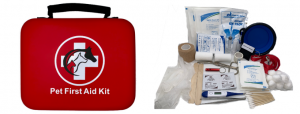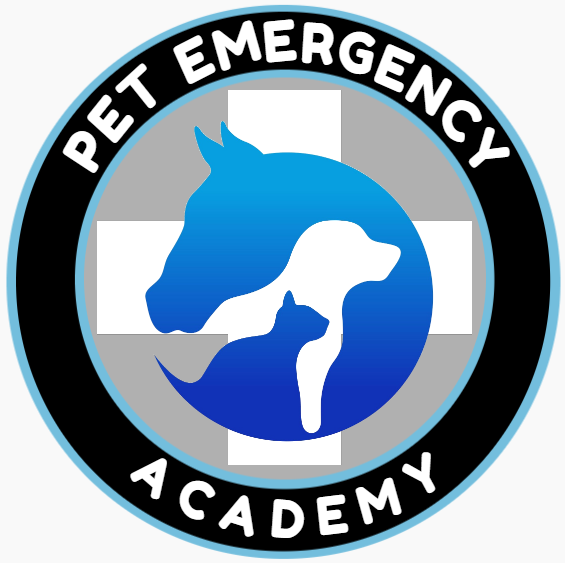Reptile First Aid Kit
Reptile First Aid Kit

Medical emergencies that involve animals should have first aid administered immediately. These situations are considered a health crisis and many can become life threatening very quickly. Appropriate first aid measures can keep your animal alive until you are able to get to a veterinary hospital, can prevent a traumatic injury from getting worse and alleviate pain for your pet. Any pet owner, animal lover and animal business professional needs to have the essential first aid supplies handy if and when an emergency occurs with an animal.
Pet first aid kits need to have a variety of medical supplies in them so that no matter what the emergency you have what you need to manage it. There are a number of commercial first aid kits available for purchase at retail stores and online websites focused on animal care however we strongly recommend the Pet Emergency Education Deluxe Pet First Aid Kit for your reptile. The kit is designed with the necessary supplies needed to manage a medical emergency for your pet. Click Here for more information and to purchase yours today!
Basic First Aid Supplies
- Gauze pads
- Sterile, non-stick gauze pads for bandaging
- Sterile saline flush (sold at pharmacies)
- Gauze rolls
- Adhesive tape (cloth and waterproof)
- Antiseptic wipes, soap or spray
- Cotton balls and swabs
- Hydrogen peroxide (check the date on the bottle; replace as necessary)
- Rubbing alcohol
- Disposable gloves
- Electronic thermometer
- Lubricating jelly
- Scissors
- Good tweezers/forceps
- A pillowcase (for temporary confinement)
- Electrolyte solution (e.g., Gatorade, Pedialyte)
- Powdered calorie supplement (several commercial brands for reptiles are available)
- Small, soft spatula (for opening mouths)
- Nail clippers
- Non-prescription antibiotic ointment (available at drug stores)
- Small flashlight
- Paper towels
- Plastic eyedropper or syringes
- Utility knife (such as a Swiss Army knife)
- Several large paperclips or popsicle sticks (to be used as splints)
- Styptic powder (clotting powder; available at pet and drug stores)
- Sharpie pen
General Guidelines
- Check the kit at least twice per year and discard anything that is expired.
- Keep the kit out of reach of children.
- Don’t keep leftover or expired prescription medications in the kit.
- If your herp is on medication, make sure that you have at least a two-week backup supply in the kit.
- Medications should not be used on any animals other than the ones for which they were prescribed.
- Keep your kit somewhere handy and make sure that everybody in your house knows where it is.
Remember, first aid is intended to stabilize a sick or injured pet so that, if needed, it can be tended to by a medical professional. If you have an animal that is injured or severely ill, don’t waste time getting professional help. Administer first aid to stabilize your pet, and simultaneously plan transportation to the doctor, find a transport container, and get on the road. One of the biggest mistakes people make during a time of crisis is waiting too long. “Let’s just watch and see how it does,” could be the last words that pet hears.
